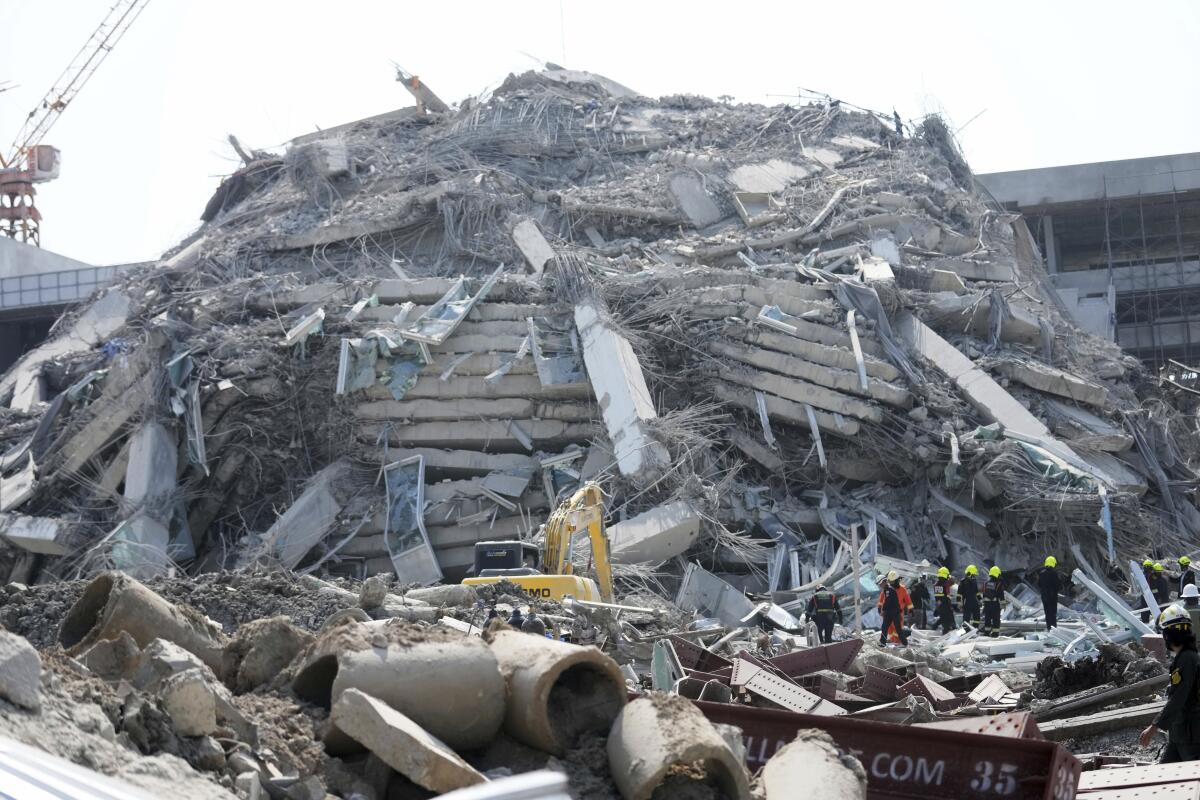ATHENS (Reuters) -Ships remained docked at Greek ports and train services were halted on Wednesday as transport workers joined a 24-hour strike by private workers to demand higher pay to cope with rising living costs.
Bus and taxi drivers also walked off the job for a few hours as part of the labour action called by Greece’s largest private sector union GSEE.
Road traffic was disrupted in central Athens as hundreds of striking workers rallied outside the parliament to protest over wages that still lag behind those of their European colleagues.
Since a 2010-18 debt crisis when wages were slashed as part of painful austerity in turn for three international bailouts, Greece’s economy has been growing at nearly twice the euro zone rate and the country last year regained investment grade status after 13 years in the “junk” category.
The monthly minimum gross wage was raised by 6.4% to 830 euros this month, the fourth such rise in five years, but workers say the pay rises are not enough to keep up with rising food and housing costs.
“The high prices are eating up any minimum wage increase,” a senior GSEE official Nikos Kioutsoukis told Reuters. “We cannot pay for another crisis, we cannot continue like this, we want real wages increases.”
The Greek average monthly salary of 1,175 euros is 20% lower than 15 years ago, while unemployment remains above 10%, the second highest in the European Union behind Spain.
The conservative government of Prime Minister Kyriakos Mitsotakis, which won re-election last June, has promised to raise the monthly minimum wage to 950 euros by 2027, when its term ends, and increase the average wage by more than 25% to 1,500 euros in the same period.
(Reporting by Renee Maltezou; Writing by Angeliki Koutantou; editing by Miral Fahmy and Christian Schmollinger)

